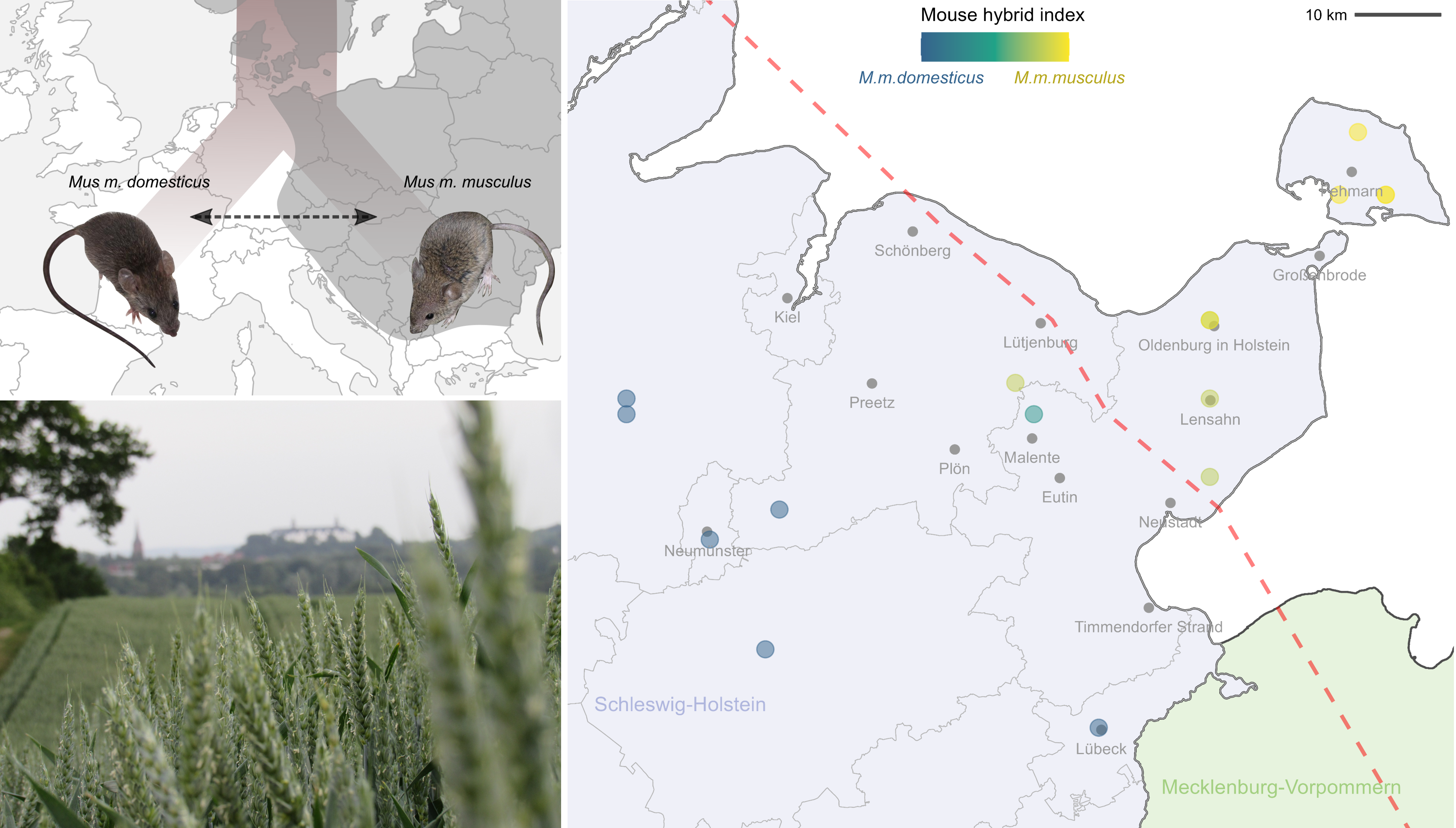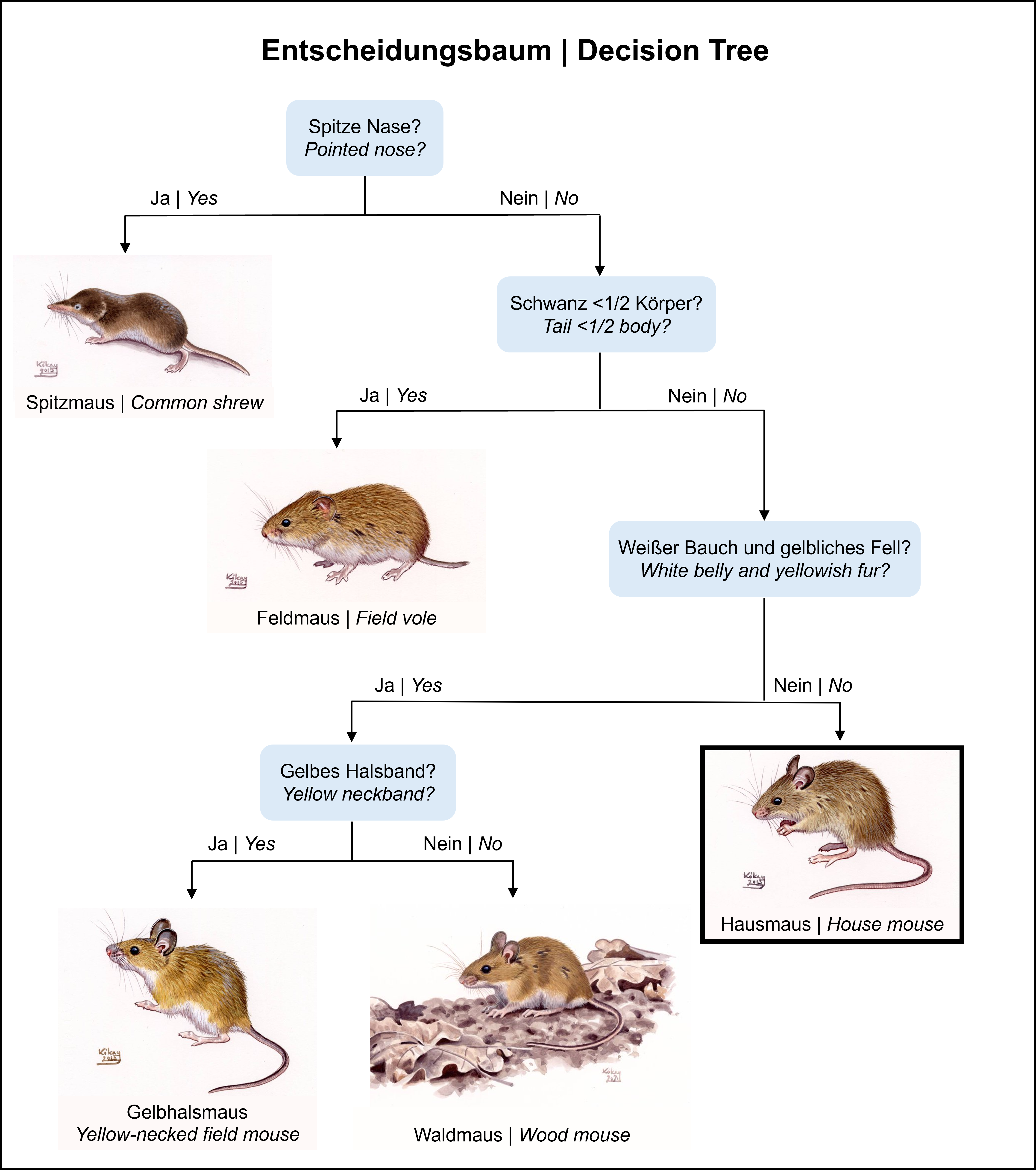
About the Project
In Schleswig-Holstein, a natural genetic boundary runs between two subspecies of house mice: Mus musculus domesticus (Western house mouse) and Mus musculus musculus (Eastern house mouse).
These two subspecies meet along a narrow hybrid zone that stretches all the way across Europe—from the North Sea to the Black Sea. The section running through Schleswig-Holstein is just one piece of this larger evolutionary puzzle.
Decades ago, a few samples suggested that this local hybrid zone runs North to South between areas like Malente and Lensahn, with pure subspecies found in Neumünster and Fehmarn Island. But no one has checked since the 1990s. We want to change that.
Why It Matters
This hybrid zone isn't just a line on a map—it’s a live laboratory for evolution. We’re especially interested in immune system genes, which may cross subspecies lines more often than other genes. These genes could reveal how animals adapt to disease, and how hybridization helps—or hurts—survival.
What We're Doing
- Collecting house mouse samples from Neumünster to Fehmarn
- Using modern genetic tools to pinpoint the hybrid zone
- Studying how genes move, mix, and affect survival
Sample Locations
See where we've collected house mouse samples on our interactive map.
View MapHow to Recognize a House Mouse
Not all rodents found indoors are house mice. Other common species include the yellow-necked field mouse, wood mouse, and brown rat. Use the guide below to help determine if you have a house mouse.

Another guide with real pictures.

An accurate App we can recommend that uses AI to identify the species: Seek by iNaturalist .
Contact Us
Have you seen house mice around your home, farm, shed, or barn? We’re currently looking for house mice found dead (e.g., in traps or pest control) in the region. If you're willing to help, please get in touch!
